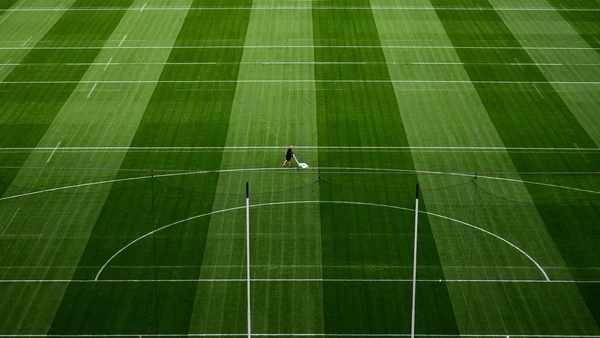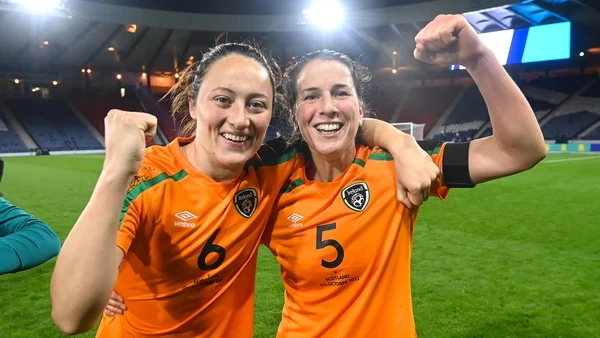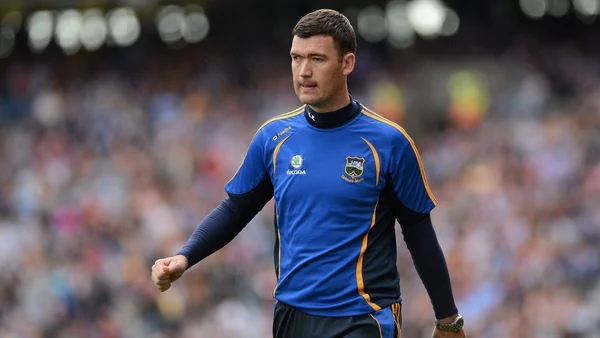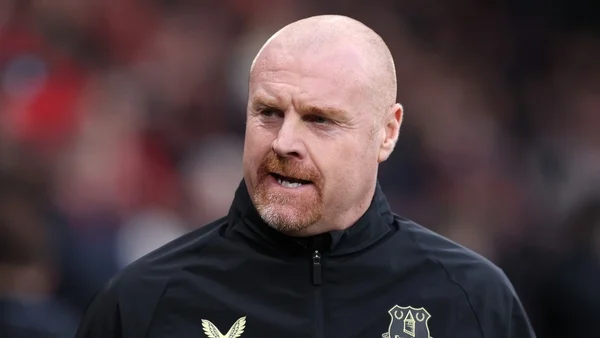This weekend the Football Review Committee will showcase their proposals to make the game of Gaelic football more entertaining.
Tonight and tomorrow’s games are a shop window for Jim Gavin’s group and their seven core enhancements.
They are treading a well-worn path with regard to the continued examination of this code, something that has been ongoing for over 140 years.
And whilst the public will tune in with much interest to see the latest new rule proposals, historically, Gaelic football has never been shy in search of a new look.
"All ball games from Gaelic football to association football, American, Australian, rugby league and union - and everything in between - all share the same ancestor: opposing groups contesting and fighting over possession of a ball and trying to direct it by somewhat agreed means to a set target," says Cian Murphy, GAA communications manager and secretary of the GAA’s history committee.
"But sports evolve, and Gaelic football has had a greater fascination with evolution than most. In that regard a man called Dick Blake is one of the most important figures in the history of the GAA that you may have never heard of."
After the 1840s famine, Ireland continued to be ravaged by economic turmoil, potato crop failure, mass emigration and a massive dependence on agriculture.
Emigration affected the male population aged 15-35, which was exactly the age-bracket that would have been the GAA playing base.
There was political in-fighting, unrest between the GAA and Catholic Church and Gaelic games had lost their initial lustre.
"The GAA was on its knees," Murphy says. "But Gaelic football, and by extension the association, was, in many ways, saved by the emergence of a Meath man called Dick Blake.
"A journalist, Blake was from Ladyrath, Rathkenny in Navan, he had played soccer and rugby and Gaelic football and felt there were elements of the first two games that could improve our game. From 1893 onwards he started to push for improvements in the rules of football.
"He made a huge mark in a short time.
"In 1894, he agitated for a non-political GAA. In 1895, he famously wrote an article calling Gaelic football 'crude and imperfect and unworthy of the GAA.’
"He looked for the reduction in team sizes from 17 to 14 a side, a standardised football and the abolition of point posts which were used then, similar to what still exists in the AFL.
"He opposed the ban on GAA members playing foreign sports.
"Dick Blake also organised the first club championships in Meath in 1894.
"He refereed both 1894 All-Ireland finals in hurling and football and together with Dubliners, PP Sutton and Patrick Tobin, they travelled the country and were responsible for the formation or reaffiliation of hundreds of GAA clubs. It’s a phenomenal feat given the travel and communications and logistical challenges of the era."
Blake became GAA secretary in 1895 and remained in office until 1898.
During this time, he fixed the first All-Ireland finals for Jones’ Road.
"He also tidied the rules, standardised the balls, tackled the shape of goals, he introduced the 50-yard line and 21-yard line," Murphy continues.
"Dick Blake was so progressive and was ahead of his time and his changes helped mould a great game. And what is interesting is that even back then there was a huge demand for a good game of Gaelic football. The 1894 All-Ireland final went to a replay which was held in Thurles and drew a crowd of 10,000 which was the first time a GAA crowd was estimated to have broken the 10,000 mark."
Blake’s time at the helm of the GAA was too short. He left office a few years later, but his impact on the game was seismic.
Jim Gavin and Éamonn Fitzmaurice on the proposed changes
We need your consent to load this comcast-player contentWe use comcast-player to manage extra content that can set cookies on your device and collect data about your activity. Please review their details and accept them to load the content.Manage Preferences
This weekend could be the public’s first viewing of another significant juncture in the evolution of the sport when Croke Park will play host to Jim Gavin’s FRC and their dynamic trial rules.
"What’s happening this weekend the latest chapter in evolution of the game," Murphy says.
"It was a wild game before the GAA took it on and the association has been addressing it constantly over the past 140 years.
"But as Dick Blake’s rules showed back then, when the rules and conditions of the game are right Gaelic football can go toe to toe with any sport in the world and attract huge crowds."
The aim of the current FRC is to make the game the most entertaining amateur sport in the world.
Like Dick Blake, Jim Gavin and his committee have a vision for the way forward.
This weekend’s games may only be another step in an administrative process that could take another 10 months to finalise before rules are made permanent and set in stone.
But the impact of the interprovincial series and the reaction of the public to the weekend’s fare will go an awful long way towards shaping the structure and spirit of Gaelic football for decades to come.




